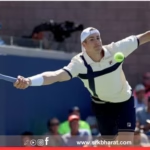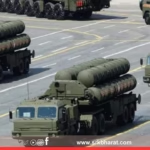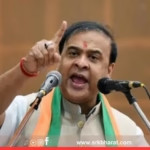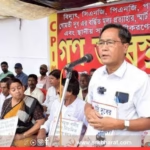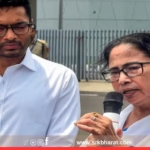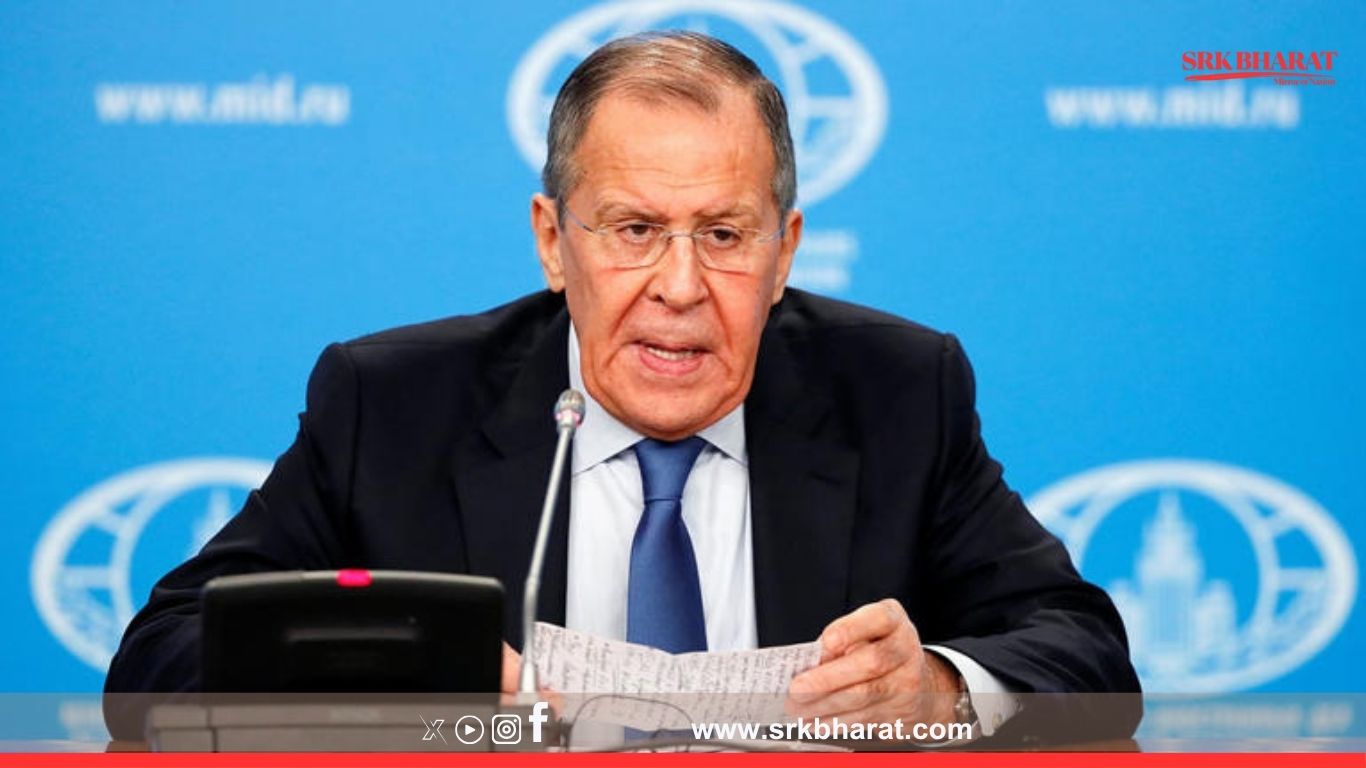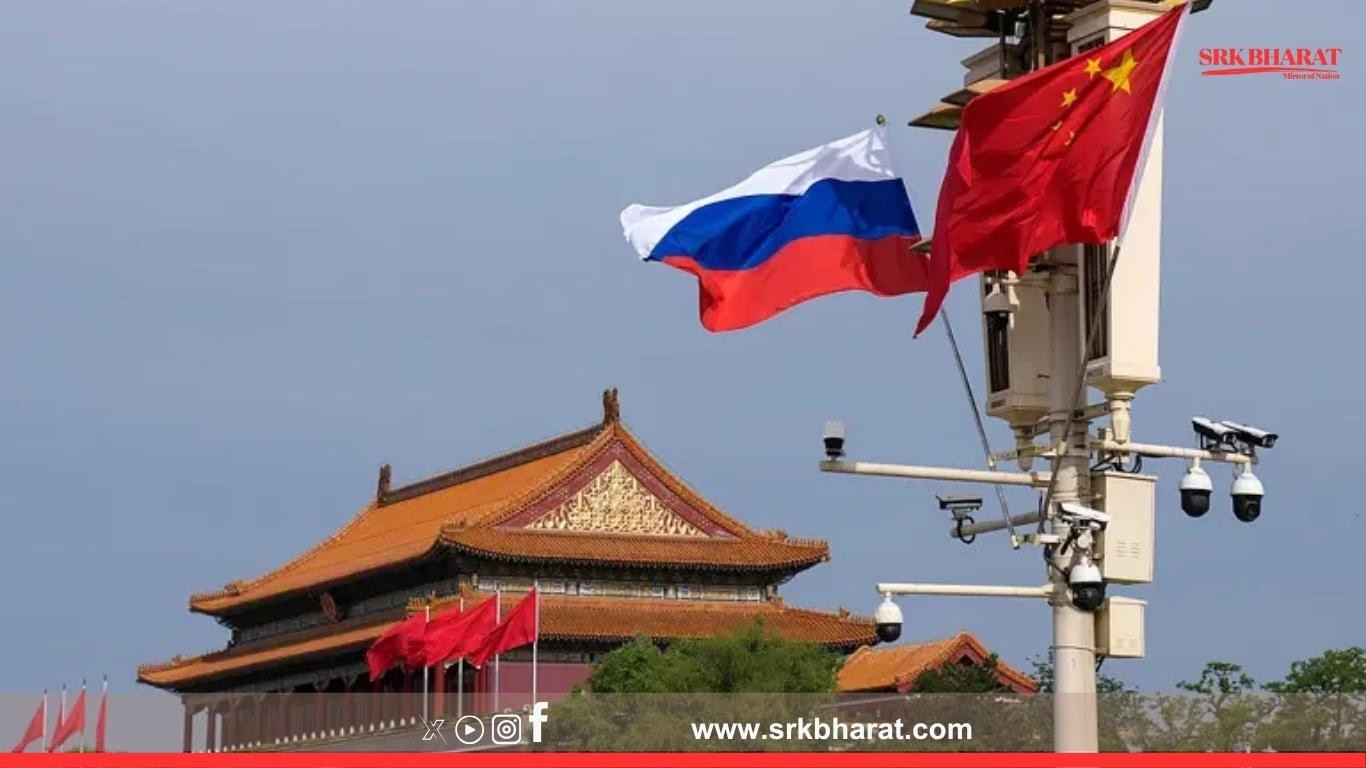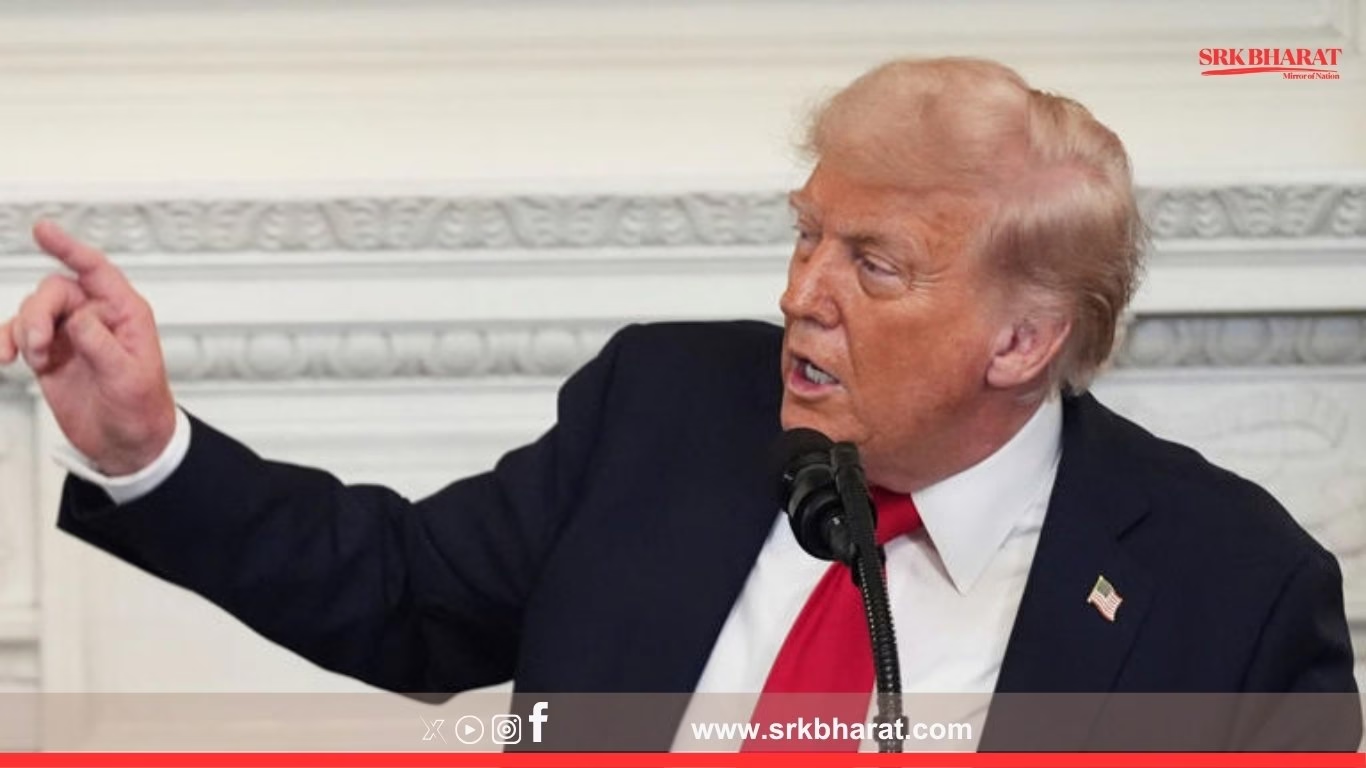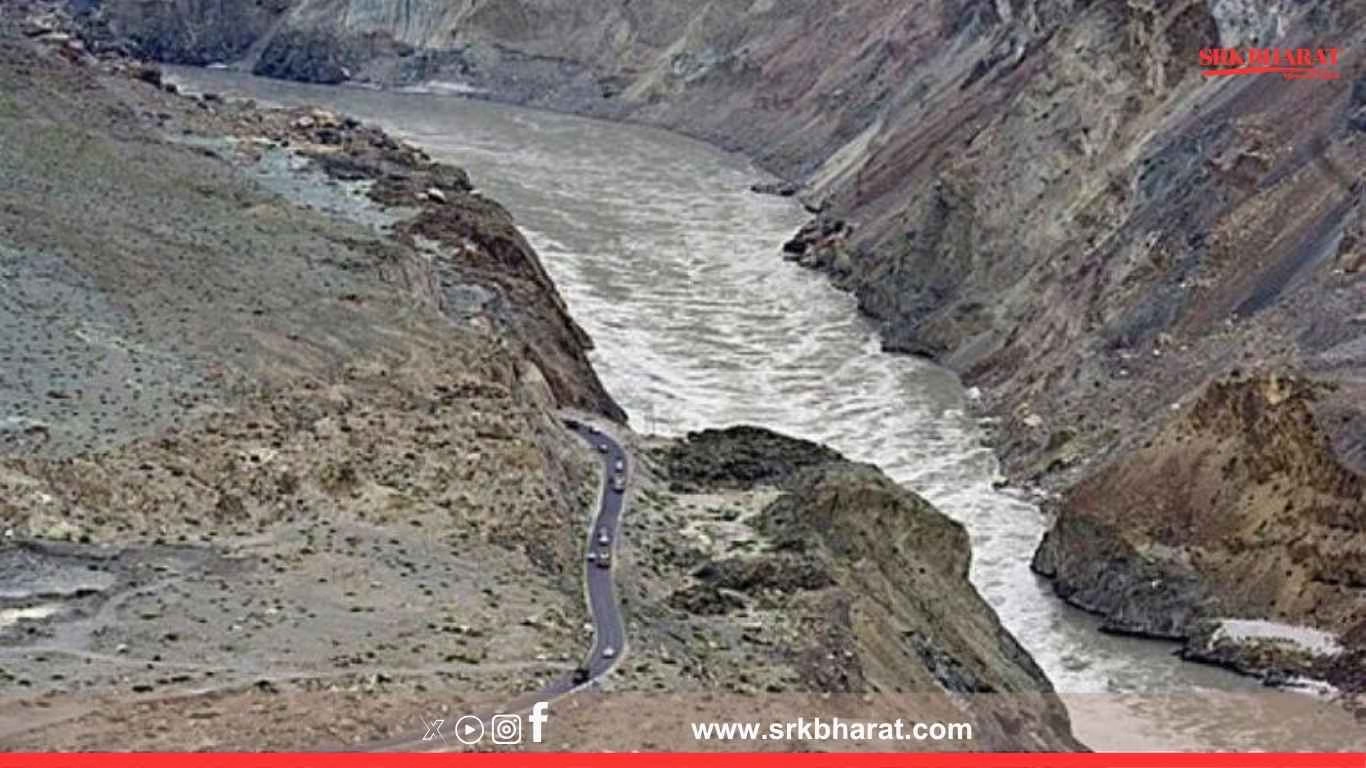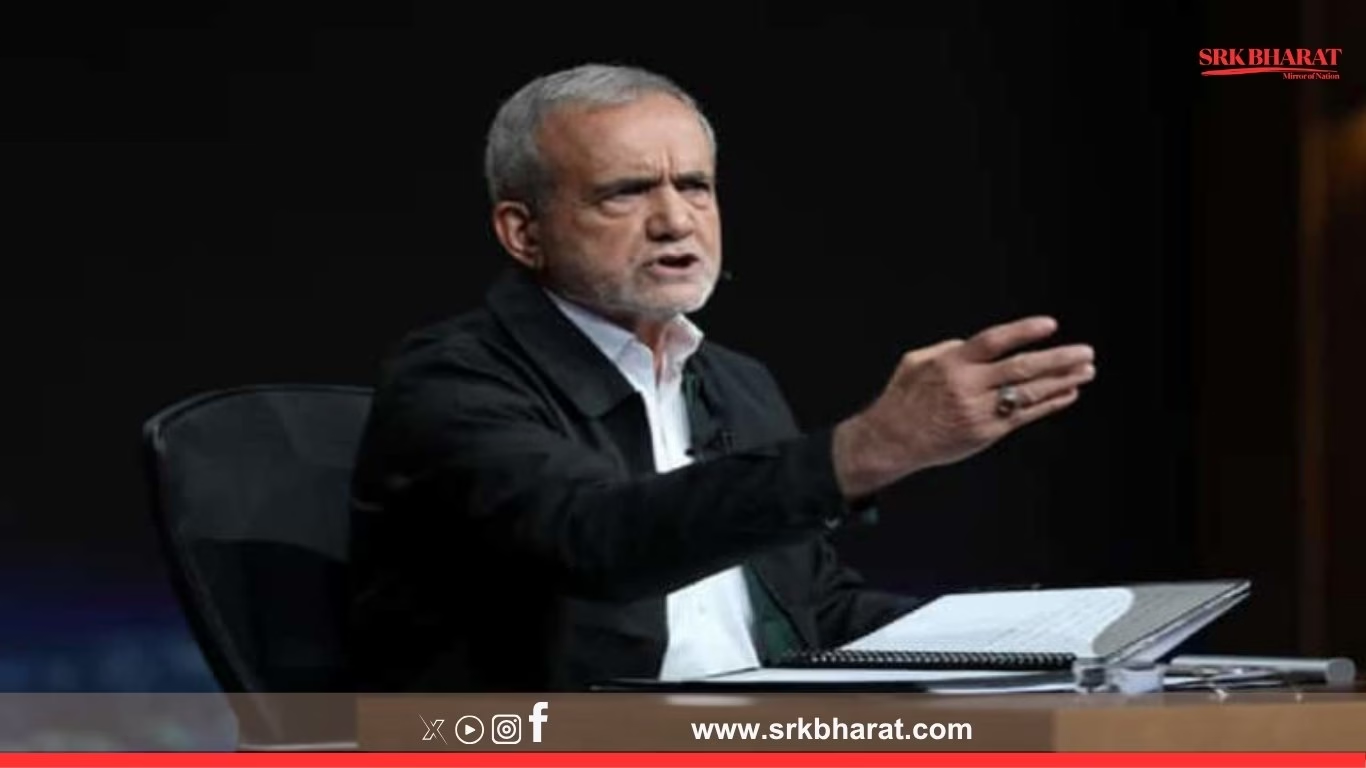Russia’s Foreign Minister Sergey Lavrov has made it clear that Moscow will not accept any peace agreement with Ukraine unless it includes firm security guarantees safeguarding Russia’s strategic interests. This latest statement reaffirms Russia’s consistent diplomatic line as the war approaches its third year, with geopolitical stakes escalating and peace negotiations appearing increasingly complex.
Lavrov’s Candid Remarks
Speaking at an international conference in Moscow on Thursday, Lavrov reiterated that:
- Security guarantees are non-negotiable
- Any peace deal must recognise Russia’s current territorial gains
- Ukraine must commit to never joining NATO or hosting NATO infrastructure
He stated:
“We will not sign any agreement that does not secure our people or our territory. Russia’s legitimate security interests will be safeguarded at any cost.”
Russia’s Core Demands
Russia’s outlined demands for a ceasefire and subsequent peace settlement include:
- Recognition of Russia’s sovereignty over annexed regions – Donetsk, Luhansk, Zaporizhzhia, and Kherson, alongside Crimea annexed in 2014.
- Neutral status for Ukraine, legally prohibiting its NATO membership.
- Demilitarisation clauses to limit Western weapons deployment in Ukraine.
- Lifting of Western sanctions imposed on Russian industries and banks.
Ukraine’s Firm Rejection
President Volodymyr Zelenskyy has repeatedly declared that Ukraine will not concede any territory in exchange for peace. His ten-point peace plan demands:
- Full Russian troop withdrawal
- Restoration of internationally recognised Ukrainian borders
- Security guarantees from the West to deter future Russian aggression
This stark gap between the Russian and Ukrainian positions continues to block diplomatic breakthroughs.
Global Diplomatic Efforts
Multiple global actors have attempted mediation:
| Mediator | Recent Initiatives | Outcome |
|---|---|---|
| Turkey | Brokered Black Sea grain deal; offered Istanbul talks | Deal collapsed after Russian withdrawal |
| China | Proposed 12-point peace framework | Rejected by Ukraine for lacking troop withdrawal demand |
| African Union | Peace delegation met both leaders | No concrete progress |
Security Guarantees: Russia’s Red Line
Analysts note that security guarantees have always been Russia’s primary concern. The Kremlin views NATO’s eastward expansion as a strategic threat, and Ukraine’s potential membership has been described by President Putin as crossing Russia’s “red line.”
Lavrov stated:
“The West must understand that unless Russia’s security is assured, this conflict will not end. We seek guarantees similar to those enjoyed by any sovereign nation protecting its borders and people.”
Western Response
Western leaders, including US Secretary of State Antony Blinken and NATO Secretary General Jens Stoltenberg, have emphasised continued support for Ukraine’s territorial integrity and defence. However, there are signs of emerging debates within Western policy circles about potential negotiations if the war drags on indefinitely.
Military Situation On The Ground
Despite Western weapons supply to Kyiv, including advanced air defence systems and tanks, Russia maintains control over significant swathes of Eastern and Southern Ukraine. Recent months have witnessed:
- Incremental Russian advances around Avdiivka and Bakhmut
- Stalemate in counteroffensives, with neither side gaining decisive momentum
- Increased drone attacks on both Russian and Ukrainian infrastructure
The Security Guarantee Debate: Historical Context
Security guarantees in European conflicts have historically included:
| Event | Security Guarantee Model |
|---|---|
| Cold War Helsinki Accords (1975) | Mutual recognition of borders and non-intervention pledge |
| Dayton Accords (1995) | NATO-led implementation forces to enforce Bosnia peace |
| Budapest Memorandum (1994) | Ukraine gave up nuclear weapons in exchange for sovereignty assurances (which Russia later violated) |
These precedents indicate the complexity of designing enforceable guarantees, especially when trust between parties is minimal.
Economic & Humanitarian Costs
The war’s prolonged continuation has devastating economic and humanitarian impacts:
- Over 15 million Ukrainians displaced internally or abroad
- Infrastructure damages exceeding $400 billion, per World Bank estimates
- Global food and energy market disruptions, with spikes in grain and fuel prices
Russian Domestic Sentiment
While initial public support for the “special military operation” was high, recent independent surveys suggest growing war fatigue within Russia, particularly as Western sanctions impact the economy, technology imports, and industrial productivity.
Potential Paths Forward
Experts outline three potential scenarios:
- Negotiated settlement with security guarantees – unlikely in the near term due to incompatible demands.
- Frozen conflict – akin to Korea or Transnistria, with an unresolved armistice.
- Continued attritional warfare – the most probable trajectory in 2025, as both sides prepare for a long struggle.
Analyst Opinions
Prof. Samuel Greene, Russia expert at King’s College London, remarked:
“Lavrov’s insistence on security guarantees is not mere rhetoric. It reflects Moscow’s strategic doctrine. Unless NATO revises its posture, or Ukraine revises its ambitions, this war risks becoming an indefinite frozen conflict.”
Dr. Anna Korhonen, Ukrainian geopolitical analyst, countered:
“Guarantees demanded by Russia are effectively demands for Ukrainian capitulation. No sovereign nation can accept a peace that undermines its independence.”
Conclusion: No Easy Resolution Ahead
Lavrov’s latest statement underscores the entrenched positions that make peace elusive. As Russia demands recognition of territorial gains alongside long-term security guarantees, Ukraine remains steadfast on full sovereignty restoration. The West, meanwhile, continues to navigate the tightrope between supporting Ukraine militarily and avoiding a direct escalation with Russia.
Any negotiated settlement, if it ever arrives, will require innovative frameworks for security assurances, ironclad verification mechanisms, and unprecedented diplomatic compromise.
Disclaimer: This news content is prepared based on public statements by government officials, expert analyses, and verified data from credible geopolitical think tanks. It is intended for informational purposes only and does not constitute policy, military, or diplomatic advice. Readers are advised to consult geopolitical experts and official government communications for formal decisions or strategic assessments. The publication bears no responsibility for actions taken based on this content.

